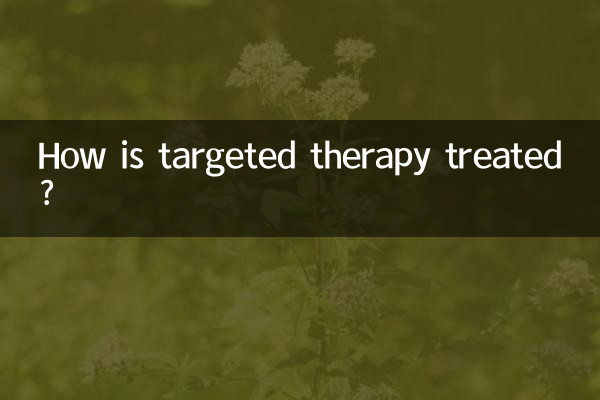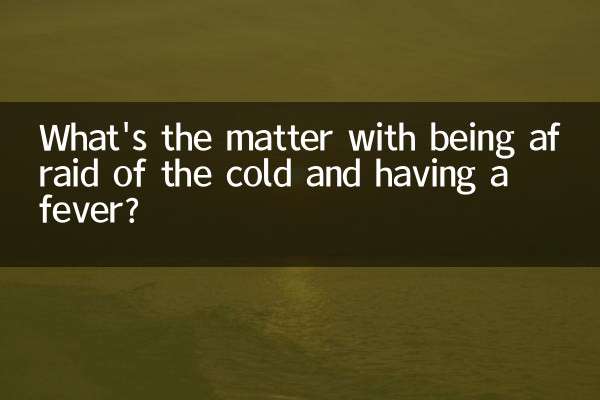How is targeted therapy treated?
In recent years, targeted therapy, as an important breakthrough in cancer treatment, has become a hot topic in the medical community and the public. This article will introduce in detail the principles, applicable diseases, advantages and limitations of targeted therapy, and provide you with a comprehensive interpretation based on hot topics on the Internet in the past 10 days.
1. Basic principles of targeted therapy

Targeted therapy is a type of precision medicine that targets specific molecules or genetic mutations. Different from traditional chemotherapy, it accurately attacks tumor cells and reduces damage to normal cells by identifying unique biomarkers of cancer cells.
| treatment type | Mechanism of action | Representative medicine |
|---|---|---|
| small molecule inhibitors | Block signaling pathways in cancer cells | Gefitinib, erlotinib |
| monoclonal antibodies | Targeting cancer cell surface antigens | trastuzumab, bevacizumab |
2. Applicable diseases and typical cases
Targeted therapy has shown remarkable efficacy in a variety of cancers. According to hot discussions in the past 10 days, the following diseases and cases have attracted much attention:
| disease type | target | Treatment is effective | Hot cases |
|---|---|---|---|
| non-small cell lung cancer | EGFR mutation | 60-80% | A patient's tumor shrank by 50% after taking osimertinib |
| breast cancer | HER2 positive | 70-75% | Clinical trial data of new drug DS-8201 released |
| colorectal cancer | KRAS mutations | 40-50% | KRAS inhibitor receives FDA breakthrough therapy designation |
3. Advantages of targeted therapy
1.High accuracy: Target specific molecular targets to reduce damage to normal cells
2.Less side effects: Compared with chemotherapy, symptoms such as hair loss and nausea are significantly reduced.
3.The treatment effect is remarkable: The effective rate for patients with specific mutations can reach more than 80%
4.Strong personalization: Develop treatment plans based on genetic testing results
4. Current hot spots and challenges
According to discussions across the Internet, recent hot spots in the field of targeted therapy include:
| hot topics | Discussion popularity | key developments |
|---|---|---|
| CAR-T cell therapy | ★★★★★ | Multiple new drugs approved for hematological tumors |
| bispecific antibodies | ★★★★ | New breakthrough in lung cancer treatment |
| drug resistance issues | ★★★ | New drug resistance mechanism discovered |
5. Future development direction
1.combination therapy: Combination of targeted drugs and immunotherapy
2.New target discovery: Artificial intelligence-assisted target screening
3.Increased accessibility: Reduce treatment costs and increase medical insurance coverage
4.early intervention: Applied to the stage of precancerous lesions
6. Answers to Frequently Asked Questions by Patients
Based on recent Internet search hotspots, the following high-frequency questions have been sorted out:
| question | concise answer |
|---|---|
| Does targeted therapy require genetic testing? | Must be tested to identify applicable targets |
| How much does treatment cost? | The monthly salary ranges from 10,000 to 50,000 yuan, and some medical insurance can reimburse it. |
| Will drug resistance develop? | It is a common problem that may occur in an average of 1-2 years. |
| Can it be used as an alternative to chemotherapy? | It is possible in some cases and needs to be evaluated by a doctor |
Targeted therapy represents a new direction in cancer treatment. With the deepening of research and the advancement of technology, it will bring hope to more patients. It is recommended that patients choose an appropriate treatment plan based on their own conditions under the guidance of a professional doctor.

check the details

check the details